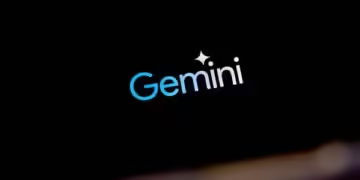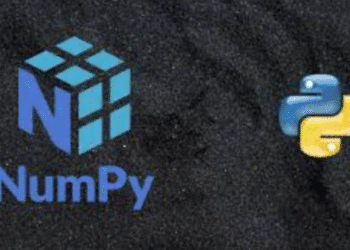Athira Sethu
Kochi, 20 December 2024
Google recently introduced a new model referred to as “Gemini 2.0 Flash Thinking Experimental,” which is a newly named version of reasoning AI. This model remains still nascent and is available on the platform for AI prototyping run by Google, AI Studio. The model is particularly good at solving complex problems in areas such as programming, math, and physics.
According to Logan Kilpatrick, an AI products specialist at Google, this was a Gemini 2.0 Flash Thinking Experimental as part of Google’s first move into the world of reasoning. Jeff Dean, who is the chief scientist of Google, pointed out that the model was actually built to be thinking-based when reasoning, while indicating a great result on performance whenever given extra time for process and problem solving.
It is based on Google’s Gemini 2.0 Flash model, which is analogous to reasoning models developed by OpenAI and others. Unlike the ordinary AI, reasoning models check their answers to ensure that they are not mistaken. They can take more time to provide answers, taking seconds or even minutes to give an answer.
For instance, when asked how many “R’s” are there in the word “strawberry,” Gemini 2.0 Flash Thinking Experimental said “two,” which was a wrong answer. Therefore, it shows that despite improvement, there is much scope for growth.
There has been a rise in reasoning models since the release of OpenAI’s o1, with other companies like DeepSeek and Alibaba developing similar models. Google itself has several teams working on reasoning models, with over 200 researchers focused on this area.
Although reasoning models hold promise, they are cost-intensive to run since a large amount of computing power is required. Whether these models can continue improving at this rate in the near future is also uncertain.





















